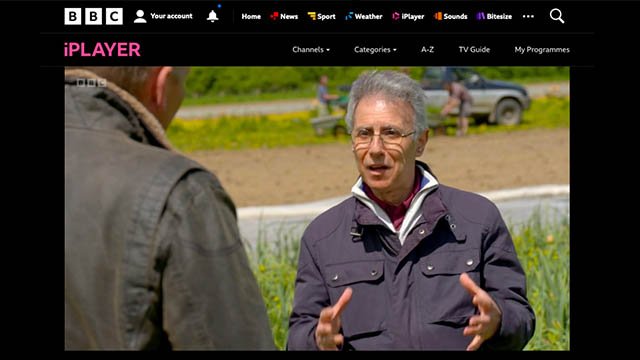This article originally published on GM Watch.
Scientists spell out the dangers of unexpected toxins and allergens in gene-edited plants
On 22 May 2022 molecular geneticist Dr Michael Antoniou was interviewed about the UK government’s deregulation of gene-edited GM crops and animals by Tom Heap on BBC’s Countryfile. Below is a transcript of Dr Antoniou’s interview.
The crux of the issue, which all policymakers and regulatory agencies need to bear in mind, is Dr Antoniou’s statement: “Gene editing tools… invariably produce unintended DNA damage. If that happens, you end up changing the biochemistry and composition of the crop. And that could include the production of novel toxins and allergens. This is why we’ve got to keep strict regulation of these products.”
Dr Antoniou isn’t the only scientist who points to this danger. He is among the 27 signatories to a statement published in 2019 by the European Network of Scientists for Social and Environmental Responsibility, which says, “Current genetic modification techniques – including gene editing and gene silencing – are not sufficiently specific to introduce only the intended molecular changes. Unexpected molecular changes could result in the production of novel toxins and allergens or unpredictable impacts on other organisms and ecosystems.”
And a peer-reviewed article stated, “Similar to genomic irregularities in GMOs produced by first-generation genetic engineering technologies, unintended effects in genome-edited crops could lead to a variety of unexpected effects. For example, the functioning of a particular (non-target) gene may be compromised if its component DNA has been cleaved by the nuclease. This could lead to changes in the organisms’ biochemistry, including its metabolic and protein profile which, in turn, could affect its toxicity and allergenicity. As this could impact food, feed and environmental safety, any genome-edited organism would need to be screened genome-wide for genetic irregularities. Such effects that are detected would need to be evaluated for their potential consequences prior to any deliberate release to the environment (including field trials) and placing on the market as food or feed.”
Another peer-reviewed article stated that gene editing and other new GM techniques can lead to changes in composition in plants that “may impact the nutritional quality or may be associated with allergenic or toxic effects”. The authors recommended that “a case-specific premarket risk assessment should be conducted for nGM [new GM] plants, including an appropriate molecular characterisation to identify unintended changes and/or confirm the absence of unwanted transgenic sequences”.
These are precisely the kind of investigations that the UK government is planning to scrap in its new free-for-all GMO regime.
Excerpt from BBC Countryfile, 22 May 2022, available in the UK on BBC iPlayer
Tom Heap: Gene editing is undoubtedly a powerful tool. And with more power comes more responsibility and the need for safety. Like my chainsaw. When using it, I need protective gear, because with more power, more can also go wrong.
But at a time when we’re seeing political instability, and climate change threatens food supply, maybe science could provide some help. But with such a powerful tool, is it time to loosen regulation?
Dr Michael Antoniou is a geneticist from King’s College London and no stranger to gene editing.
Dr Michael Antoniou: I’ve used all manner of genetic engineering technologies as part of my medical research programme to try to develop a therapy for the blood diseases thalassaemia and sickle cell disease.
Heap: So why are you so concerned about the use of gene editing in agriculture?
Antoniou: It’s because of what we see in a medical context. We also see unintended DNA damage, and that DNA damage is not within our control, fully.
Heap: The whole selling point of gene editing is precision. Do you doubt that?
Antoniou: The gene editing tools in question invariably produce unintended DNA damage. If that happens, you end up changing the biochemistry and composition of the crop. And that could include the production of novel toxins and allergens. This is why we’ve got to keep strict regulation of these products.
Heap: But you’re not a plant scientist. Very few plant scientists share your view of this. Does that undermine your position?
Antoniou: I don’t think it does. I feel I am taking on board the latest scientific evidence. We can’t ignore the process of gene editing. Because if we do, we do so at our peril, because we ignore the information about where things can go wrong as well as how we intend them to be.
Image: Tom Heap interviews Dr Michael Antoniou on Countryfile


